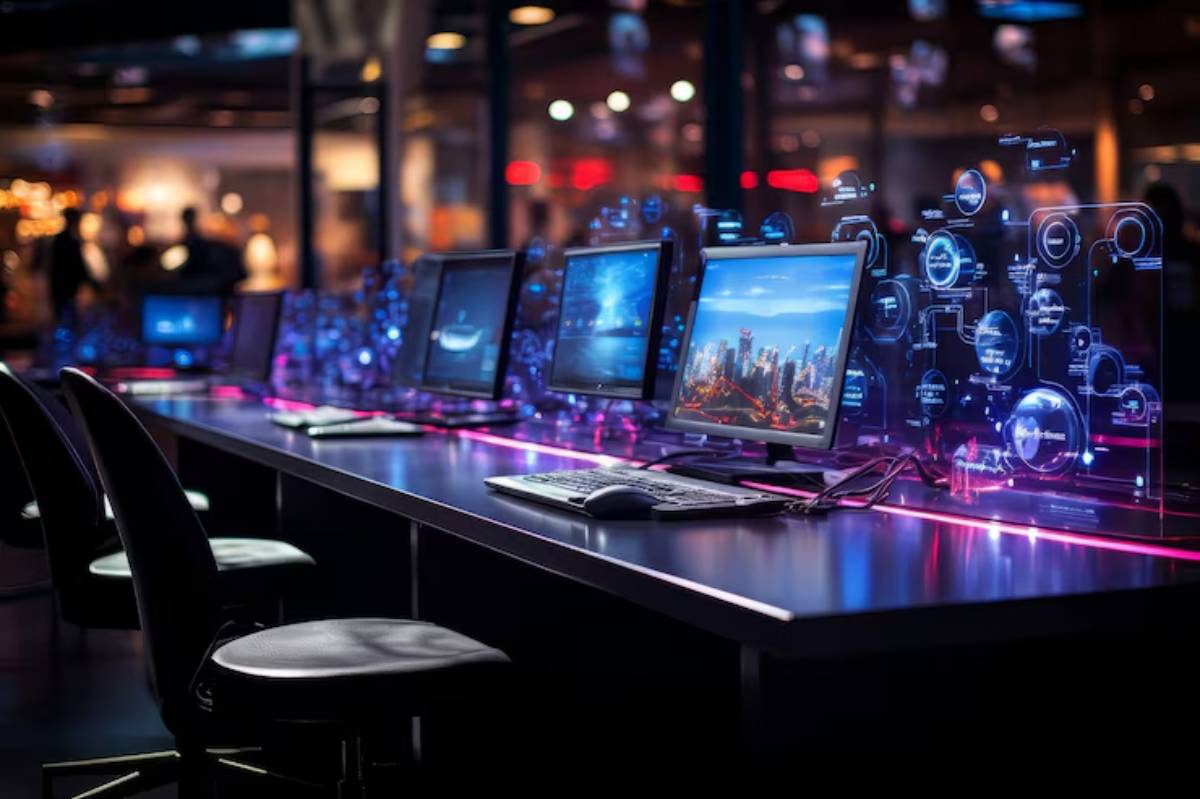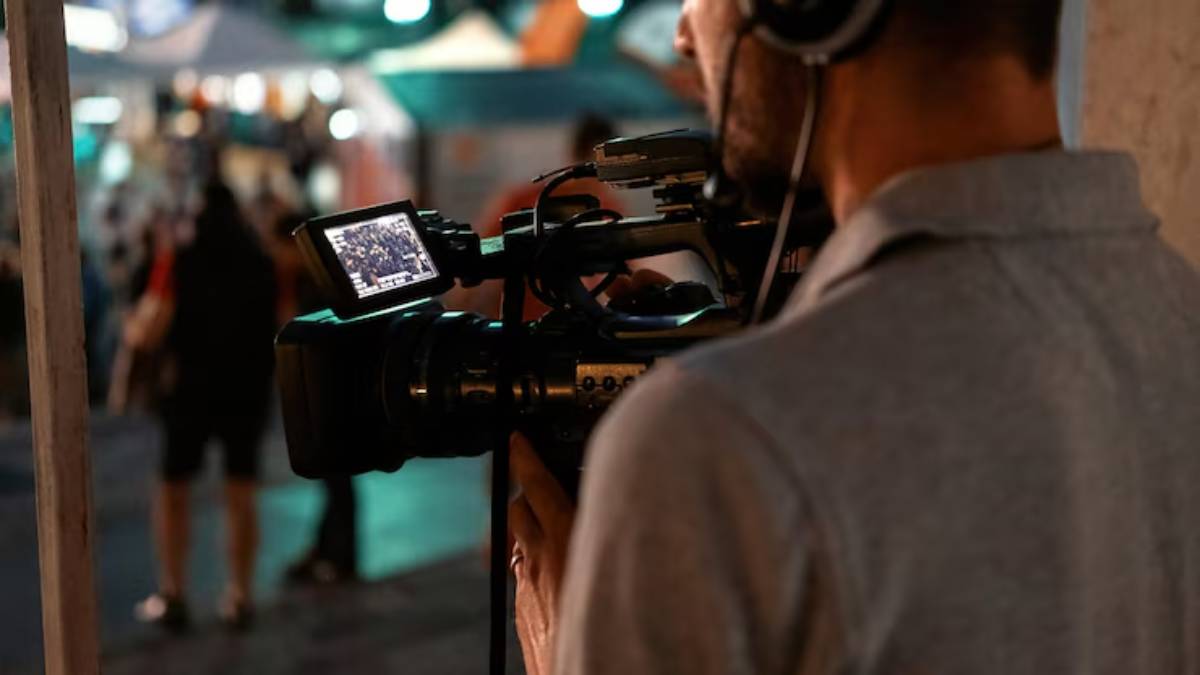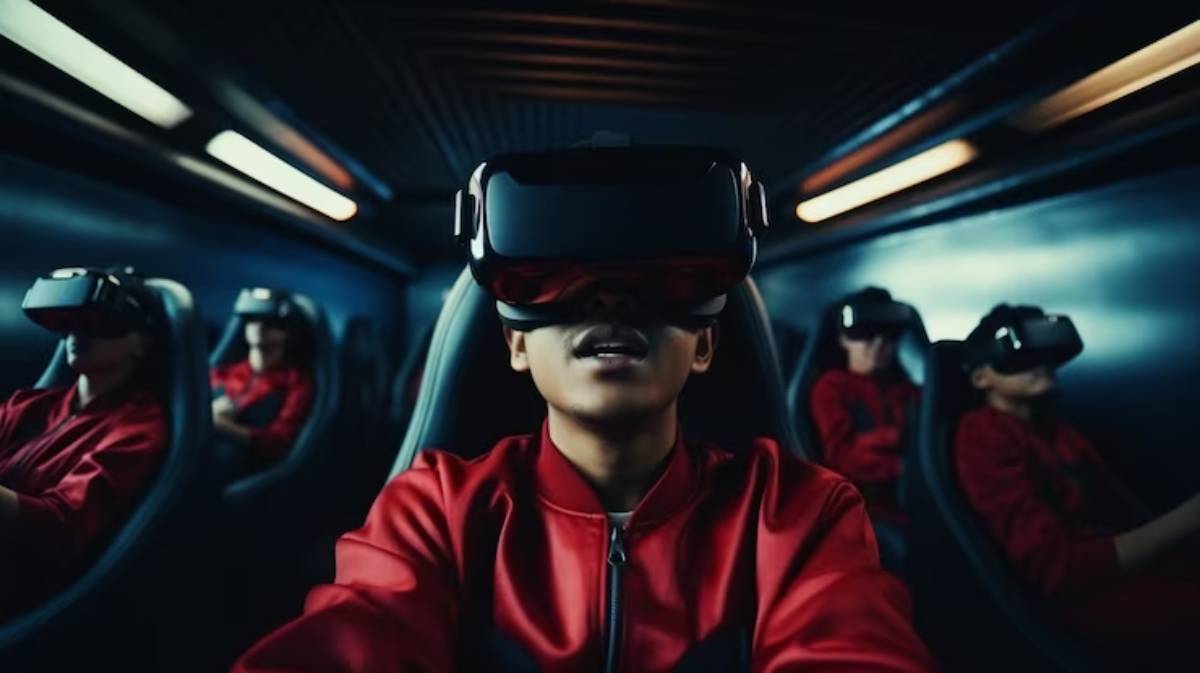
Brand Booths and Sponsor Activities Explained
Picture this: You’re at a major esports event. The roar of the crowd vibrates through your chest. In one corner of the arena, a neon-lit booth lets fans test unreleased gear. Just down the aisle, another setup challenges you to win exclusive loot in a VR mini-game. These aren’t just flashy distractions – they’re expertly planned esports brand activations designed to deepen engagement, boost ROI, and elevate the fan experience.
Sponsor booth setups have evolved from mere branding spaces into immersive experiences. Today, gaming sponsor experiences are as much a part of the event as the matches themselves, creating opportunities for both fans and brands to connect in meaningful ways.
In this guide, we’ll break down how these booths are designed, what makes activations memorable, and why sponsor engagement is crucial for the future of esports. Whether you’re a brand considering your first booth or a tournament organiser looking to optimise sponsorships, this is your playbook.
Why Sponsor Booths Matter in Esports
1. Capturing the Attention of a Captive Audience
At a live esports event, fans are in a gaming mindset. Sponsor booths allow brands to:
- Interact directly with fans in a relaxed, open environment
- Create hands-on brand experiences that stick longer than digital impressions
- Offer value, like free trials, exclusive content, or giveaways
2. Standing Out in a Competitive Market
With so many brands vying for attention, unique booth activations can:
- Build brand loyalty
- Position sponsors as authentic supporters of the gaming community
- Generate organic buzz through social sharing
3. Driving Data and Measurable ROI
Modern booths often integrate data collection tools such as:
- Email capture via contests
- QR code scans tied to mobile engagement
- Interactive surveys or feedback terminals
This feeds into sponsor analytics and long-term campaign tracking.
Anatomy of a Winning Esports Brand Booth
Booth Design Essentials
Great design isn’t just about good looks – it’s about user flow, visibility, and interaction.
Key elements:
- Open and inviting layout: Avoid walled-off spaces
- Modular furniture: Adapt to different venues
- Strong branding: Consistent colours, logos, and taglines
- Eye-catching visuals: LED walls, motion graphics, and thematic props
Engagement Elements
- Demo Zones
- Let fans try new hardware or software
- Offer coaching or 1v1 challenge areas
- Mini-Games and Challenges
- Score-based games linked to giveaways
- AR/VR experiences that extend brand immersion
- Photo Ops and Selfie Stations
- Use branded backdrops or digital overlays
- Encourage fans to post with specific hashtags
- Giveaway Stations
- Integrate spin wheels, loot boxes, or trivia
- Reward participation with branded merch
- Live Activations
- On-the-hour competitions
- Guest appearances by streamers or pros
Popular Booth Activation Strategies
A. Immersive Worlds
Examples:
- A booth transformed into a jungle to promote a MOBA champion
- A spaceship-themed VR pod for a sci-fi shooter
These fully themed setups create memorable sensory experiences.
B. Custom Game Challenges

Sponsors develop mini-games or mods reflecting their brand.
- Example: A sneaker company creating a parkour map in Fortnite
- Ties product attributes (e.g., speed, style) to gameplay
C. Influencer Integration
Using known streamers:
- As booth hosts or guests
- To promote the booth in advance
- For live co-streams from the event
This drives organic traffic from fan followings.
Related Read: The Role of Hype Teams at Live Events
D. Interactive Leaderboards
Gamify your booth by:
- Ranking top challenge scorers
- Rewarding daily winners
- Displaying scores in real-time
This fosters repeat engagement and friendly competition.
Case Studies: Brand Booths That Nailed It
1. Alienware at DreamHack
- Booth Feature: Custom PC build zone
- Fan Activation: Speed-building competition
- Bonus: Winners featured on the stream and given upgrades
2. Red Bull at LEC Finals
- Booth Feature: VR drone race themed around Red Bull’s branding
- Fan Activation: Timed trials with a prize leaderboard
- Bonus: Crossover with live commentary and crowd cheering
3. Logitech G at TwitchCon
- Booth Feature: Headset testing lounge with noise-cancelling zones
- Fan Activation: Sound-matching trivia with streamer hosts
- Bonus: Exclusive discount codes unlocked after participation
Planning and Executing a Sponsor Booth Setup

Step-by-Step Blueprint for Success
1. Align on Brand Objectives
- Awareness? Lead gen? Social shares? Sales?
- Choose your KPIs upfront.
2. Scout and Reserve Space Early
- High-traffic areas matter
- Avoid dead zones near exits or loading docks
3. Design With Interaction in Mind
- What will fans do in your booth?
- Balance visuals with activities
4. Integrate Tech Thoughtfully
- Don’t go high-tech just for show
- Use tablets, AR, VR, or mobile apps to enhance participation
5. Train Your On-Ground Staff
- Brief them on brand voice and activations
- Encourage approachability and fan service
6. Capture Metrics During the Event
- Use sign-in stations, QR tracking, badge scans
- Monitor social media hashtags
7. Follow Up Post-Event
- Send emails to contest entrants
- Use collected data to retarget or survey fans
Common Pitfalls and How to Avoid Them
Overcomplication
Fans shouldn’t need a tutorial to interact. Keep mechanics intuitive.
Ignoring the Online Audience
Even venue booths should offer hybrid or digital tie-ins for stream viewers.
Lack of Prep Time
Booths thrown together last-minute often fail in:
- Cohesion
- Staffing
- Technical performance
Failing to Follow Up
If you collect data, use it. Post-event emails and surveys are gold.
Measurement: Proving ROI on Esports Brand Activation
What to Track:
- Foot traffic (manual count, sensors, badge scans)
- Engagement time per fan
- Participation rates in challenges/giveaways
- Social media metrics (mentions, hashtags, shares)
- Lead generation (email sign-ups, app downloads)
- Sales lift (discount code use, product tie-ins)
Tools to Help:
- RFID badge scans
- Mobile app integration (e.g., gamification APIs)
- Social listening tools (e.g., Brandwatch, Hootsuite)
- Custom dashboards from event tech partners
The Future of Gaming Sponsor Experiences
Augmented Reality Booths
- Fans point phones at signage to unlock digital mascots or games
- Enables immersive storytelling without taking up floor space
AI-Powered Personalisation
- Custom prize suggestions based on fan preferences
- Dynamic booth content that adapts to crowd demographics
Eco-Friendly Brand Booths
- Sustainable materials and energy-efficient tech
- Reward fans for recycling on-site
Fully Virtual Booth Twins
- Let online fans explore a 3D version of the booth from home
- Great for global tournaments with hybrid formats
Related Read: Gamified Giveaways During Esports Events
Bridging Passion and Promotion
Sponsor booths aren’t just branded rectangles on the event floor. They’re the connection points between a brand and a fan’s passion for play. When designed right, they elevate not only brand awareness but also the entire atmosphere of an esports event.
So, whether you’re setting up your first sponsor booth setup, or looking to evolve your next esports brand activation, remember: this is your chance to move beyond logos and into the hearts of the gaming community.
Ready to level up your presence at the next esports event? Dive into experiential strategies, plan for meaningful interaction, and create something worth remembering.


